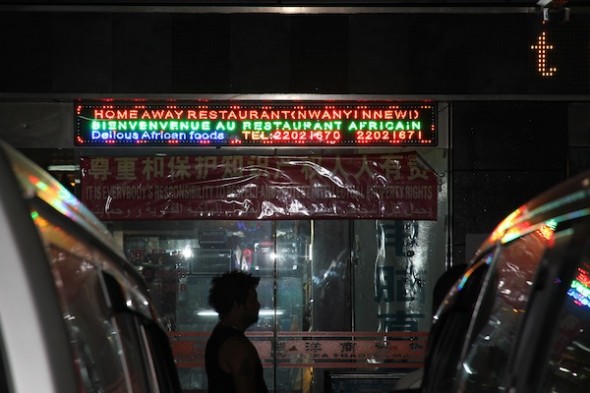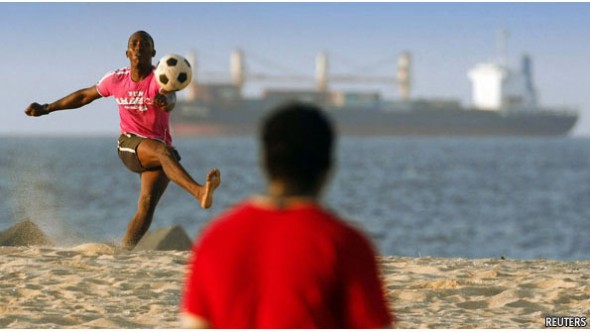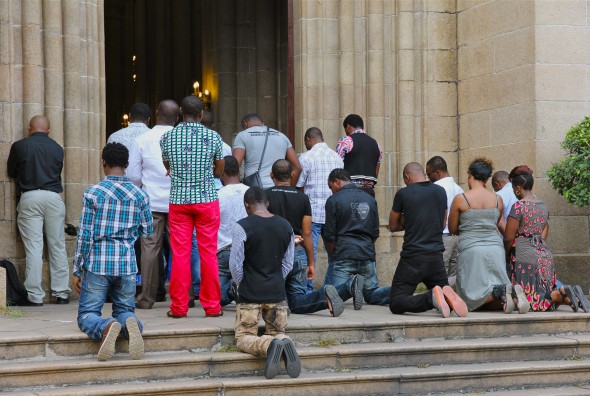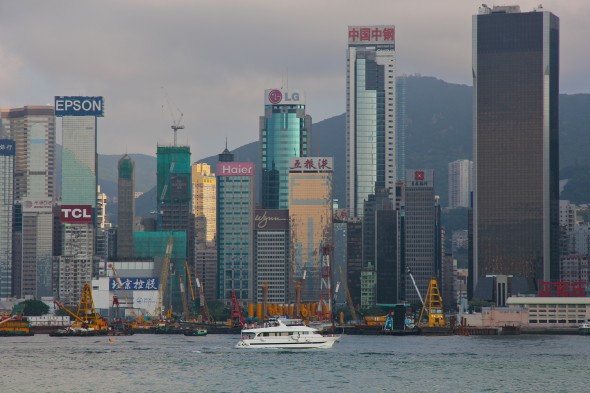Cameroonian enterprise in…China
As my last post indicated, doing business in Cameroon is tough. But if the business climate is less than ideal for foreign investors, it’s even harsher for Cameroonians who don’t benefit from the incentive programs in place to attract foreign investment.
Kingsley Azieh Che was one of several Africans I met who run manufacturing companies in Guangzhou, China. Azieh Che, who is Cameroonian, attended university in Cameroon, but set up his business in China. Today he runs an apparel factory. He began buying ready-made clothes in China; as the business grew he started ordering custom-made clothing and when his orders became too large for his suppliers, Kingsley Azieh Che decided to go into manufacturing. He now takes orders from clients around the world.
China, Nigeria and oil
Oil’s curse sends millions abroad in search of opportunity.
I’m back from China where I spent a few weeks working with the Nigerian community of Guangzhou on a project that has nothing to do with oil. That said, oil came up in virtually every conversation I had with Nigerians: The oil money that has corrupted the country, killing off business enterprise and agriculture. The oil pollution that has ravaged the Niger Delta for decades, ruining countless lives and the environment.
Many people asked me when I would go to Nigeria to report on that country’s oil curse. Over and over again, people asked me why the BP Deepwater Horizon disaster was covered by the media and — most importantly — cleaned up, while the Niger Delta disaster is left untouched and rarely gets mentioned in the international press.
Thoughts on ExxonMobil from China
I’m writing from Guangzhou, China, where I’m spending a few days working with the city’s Nigerian community. This work is not directly related to oil, although it’s not hard to make the connection. The corrosive impact of oil on the Nigerian economy (and society more generally) comes up again and again in conversations.
How many Nigerians have left their country because of its oil-generated “wealth”?
Revelations in the Economist: The Queensway syndicate and the Africa trade
Anti-corruption campaigner, Global Witness, has released the results of a months’ long investigation into the shadowy China Sonangol syndicate. The Economist ran an in-depth feature article on August 12th based, in part, on the Global Witness investigation. China Sonangol, known also as The China International Fund or the “Queensway Syndicate” is a corporate partnership that started trading oil in Angola and now operates in oil markets around the world. The Economist article is a must-read for anyone interested in oil and the so-called “resource curse.” The Global Witness report provides more information, as well as proposals for curtailing this type of illicit trading.
Guangzhou on a Sunday
At first glance Sunday in Guangzhou, China, looks like every other day of the week. The place is bustling and open for business. But Sunday does have its rituals — church being one. The official Catholic Church (i.e., state supervised, does not answer to Rome) is packed with worshippers. Mass is so well attended that there is not enough room for everyone inside. It’s beyond standing-room only. Chinese, Filipinos and Africans from a number of countries spill out onto the parvis.
Oil is not enough: Africa needs industrial development
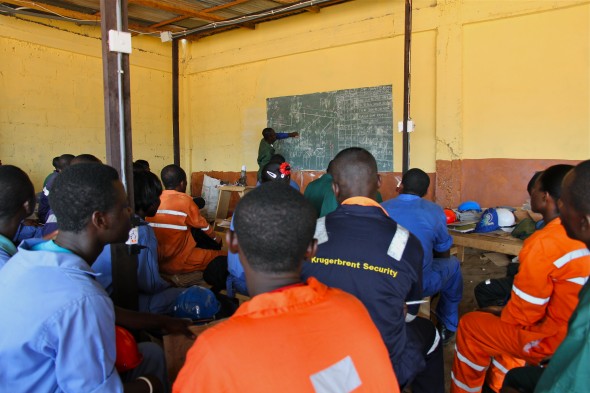
When industrial development arrives in Sekondi-Takoradi, there will be a trained workforce ready for employment. Photo by Christiane Badgley
This morning I came across an article in the Guardian, Africa must build industrial sector urgently, warns UN agency, and the timing could not be better. I’m in Guangzhou, China, marketplace for the world, and if you ever needed a reminder that manufacturing is what creates jobs and wealth and leads to real economic development, come here and look around.
From Takoradi to Hong Kong…
I’m in Hong Kong and China for two weeks doing research. My first day here and I’ve already met someone from Takoradi and chatted about Ghana’s oil.
Small world. More to follow…


